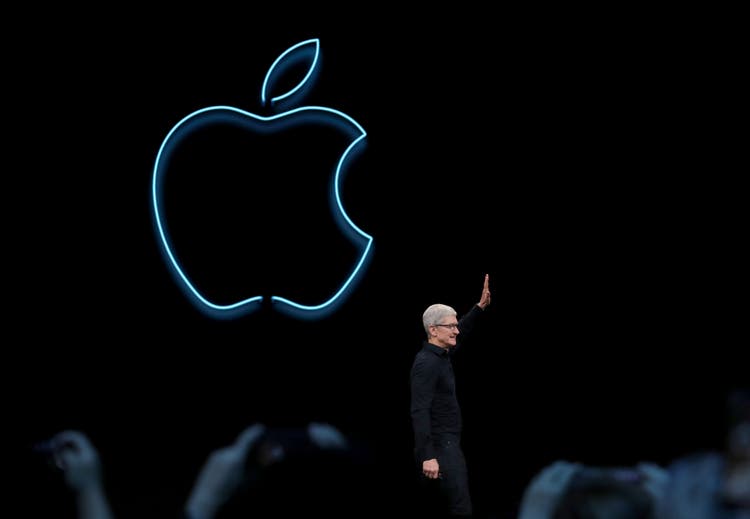Worldcoin, Sam Altman’s eye-scanning crypto project, announces its own blockchain
Tools for Humanity, the company behind Worldcoin, today announced World Chain, a permissionless, open-source Ethereum layer-2 that’s expected to launch mid-2024. The blockchain will be deeply entwined with the Worldcoin protocol and is aimed at accelerating adoption of World ID.
Worldcoin, according to its website, is a “free, privacy-preserving, open protocol intended to be the world’s largest identity and financial public network.” It aims to verify one’s “humanness” in an age of bots and deepfakes by asking users to scan their iris via their phone or by staring into an Orb, and the biometric image is then converted into an impenetrable string of numbers. When combined with an algorithm, the code verifies an individual as a unique human, providing confirmation via a phone app called World ID.
“Given the scale and growth rate of the community, it’s time to graduate to a dedicated network,” the company said in a statement. So far, 10 million people across 160 countries have enlisted their eyeballs, and the verified wallets have been used in 75 million transactions.
This functions like a digital passport proving personhood (something akin to a blue check on a social media account), allowing users to authenticate web, mobile, and decentralized applications, and privately attest that they are human and not a bot or AI system. As a reward for the scan, users have been airdropped Worldcoin tokens, which are currently priced around $5.
“At this point, it’s not whether there will be proof of personhood—the question is, will it be open source, decentralized, and privacy preserving?” Tiago Sada, head of product at Tools for Humanity, told Fortune.
It’s believed that 80% of all blockchain transactions are automated, and while many are for valid reasons, bots, like those farming yield, create congested networks and higher gas fees.
“Across the board, if you talk to financial developers, of any type of application, they’re struggling with bots—it’s a really big problem,” says Sada, and as blockchains grow, the need for something like World ID only increases. From a developer’s perspective, building on World Chain gives them access to a community of verified World ID users—half of which are active on a monthly basis—Sada adds.
So far, Worldcoin user transactions exist on OP Mainnet, formerly called Optimism, which is the main blockchain network in the Optimism ecosystem. The transactions represent almost half of activity on the network, sometimes rising above 80% during times of peak activity.
World Chain is “designed first and foremost to significantly increase capacity so new people can continue to join at scale,” the company said in a statement. However, users of World ID and Worldcoin tokens will still be able to deploy this across various blockchain, remaining as “neutral public goods.”
Ether will remain the native token, but it will be easy to pay fees using Worldcoin tokens. This means that when verified humans claim their Worldcoin grants every fortnight, they will instantly be able to use it in apps on the chain.
“The goal is not just to be more inclusive, but to minimize the friction to get started. The protocol will seek to reach an equilibrium where gas for casual users is ultimately covered by fees from bots and power users,” the company said in a statement.
But the rate of new interest in the plan remains unclear, as the market cap of Worldcoin tokens has declined by over a third since March 26, to around $955 million, according to CoinGecko data. Meanwhile, the price has halved since the beginning of March. Whether the creation of a bespoke blockchain geared toward World ID holders will turbocharge the coin remains to be seen.
The Orbs have been banned in various European countries over concerns about data harvesting; Germany is the only market where Worldcoin is currently able to collect biometrics. Moreover, others have noted how Sam Altman, the cofounder and chairman of Tools for Humanity, is selling a solution to the issues his company, OpenAI, has accelerated.
Source link



